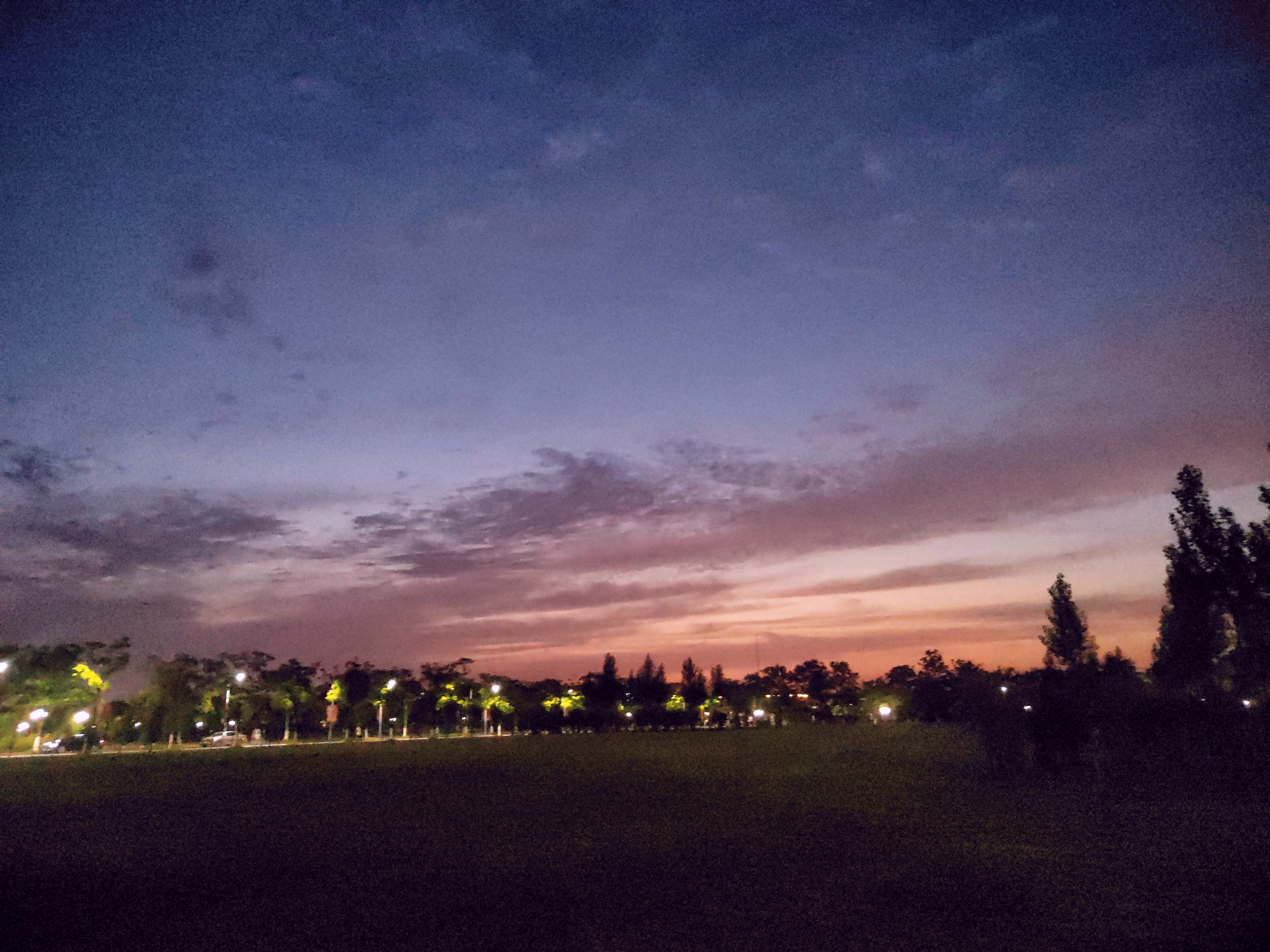-
 用户615157
用户615157
In the era where religion constituted an enormous part of one's life, people naturally looked to priestsââthe representatives of Godââfor guidance. Christianity deprived the Europeans of their legal opportunity to enjoy life, so war became the sole let-out, issuing the plundering, burning, destroying, licenses, etc. Faith and supertition goes hand in hand. The 17th and 18th century are the centuries of Enlightenment which take reason and science as its feature, thus challenging the authority of the Church. In the 19th century, state took place of the Church to become the unquestionable authority. In the 20 th century, various associations of classes and groups ensured more power for the people and the power of the states diminished.
Long before a universal civilization or the protection afforded by law
had robbed force of its claim to a necessity, the Church had deprived
the European, taught to love humanity and the particular group to which
he belonged, of the legal opportunity to follow normally his natural
instincts. Fighting and warfare alone remained. And if one could then
proceed to commit murder in the name of God, the adventure acquired a
two-fold charm. Those who took up arms in that era for the purpose of
finding an outlet for their natural spirits were by no means the most
debased in character. Faith and superstition co-operated in justifying
the Christian wars. As mediaeval man looked upon God as the source of
law, the priest had only to formalize his interpretation of this law in
order to gain credence for it. A legal trial in which recourse was taken
to Divine testimony and judgment was an ideal easily made realistic to
the people and in fact a defeat was held to be, in those times, a
judgment of God. Only after reason had established itself more and more
firmly in the place occupied by faithâduring the seventeenth and
eighteenth centuriesâwas the attempt to justify war on moral grounds
destined to suffer. "Even though there were no God, the law of
nature would nevertheless exist," wrote Hugo Grotius. During the
nineteenth century, the state was everywhere accepted as the source of
law; in the twentieth century its authority is being undermined by the
association of classes and groups.
去书内

 京公网安备 11010802032529号
京公网安备 11010802032529号